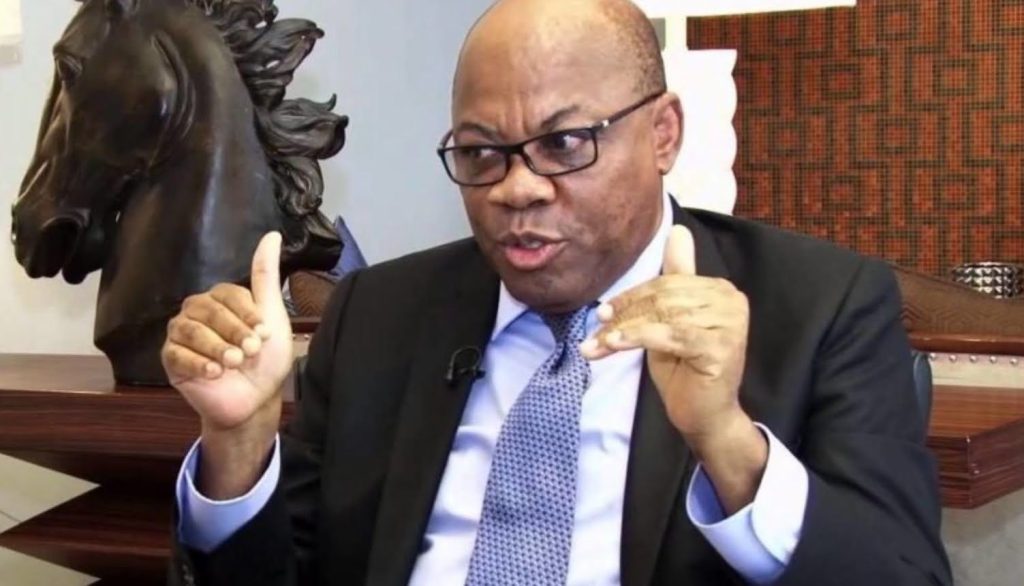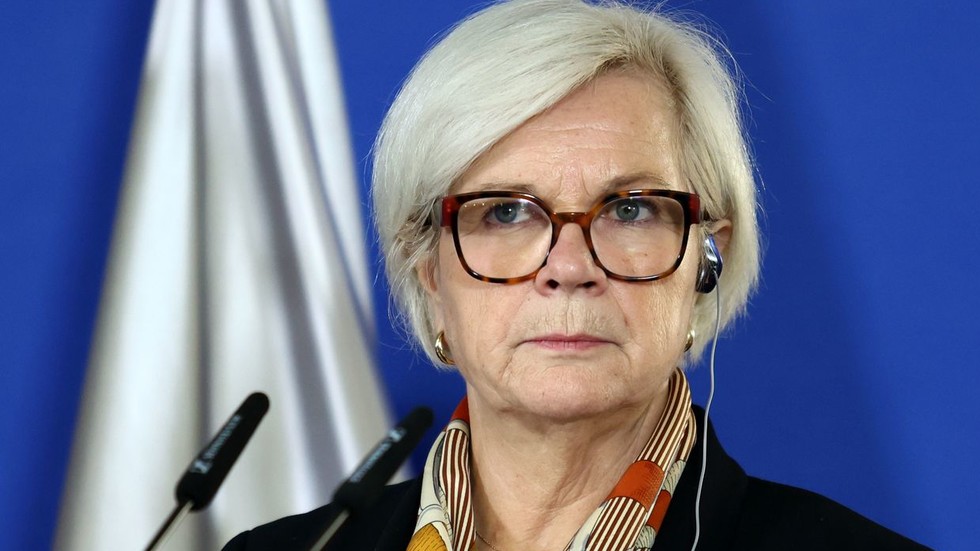The South Sudan National Army, also known as the South Sudan People’s Defense Force (SSPDF), has made it clear that they have no association with the 14 South Sudanese mercenaries captured by the Sudan Armed Forces (SAF) while allegedly fighting alongside the Rapid Support Forces (RSF) during the recapture of the Radio and Television Corporation headquarters. The mercenaries were acting independently, according to Major Gen. Lul Ruai, the SSPDF spokesperson.
As the conflict in Sudan continues to impact South Sudan’s oil exports, the government is facing challenges in paying its soldiers. A leaked UN Panel of Experts report highlighted the government’s lack of knowledge regarding mercenary activities in Sudan and denied any involvement in allegations of army personnel smuggling oil to support the RSF in Darfur.
The capture of the South Sudanese mercenaries has shed light on the composition of the RSF’s fighting force, with top military generals accusing the RSF of recruiting fighters from neighboring countries. The mercenaries possessed expertise in operating heavy artillery and unmanned aerial vehicles, indicating a level of sophistication in their operations.
South Sudan’s government has maintained a neutral stance towards the warring parties in Sudan to safeguard its critical crude oil, which constitutes 95% of the country’s income. The government’s priority is to protect the oilfields and ensure stability in the region.
However, a major rupture in a pipeline carrying crude oil from South Sudan through Sudan to Port Sudan has disrupted oil production, impacting revenue for both countries. The incident, coupled with other threats to the oil industry, poses significant challenges for the governments of South Sudan and Sudan.
The South Sudanese government is facing a potential crisis as a result of the oil revenue loss, which may lead to further mercenary activities and instability in the region. Immediate intervention is needed to address the situation and prevent further escalation of the conflict.



